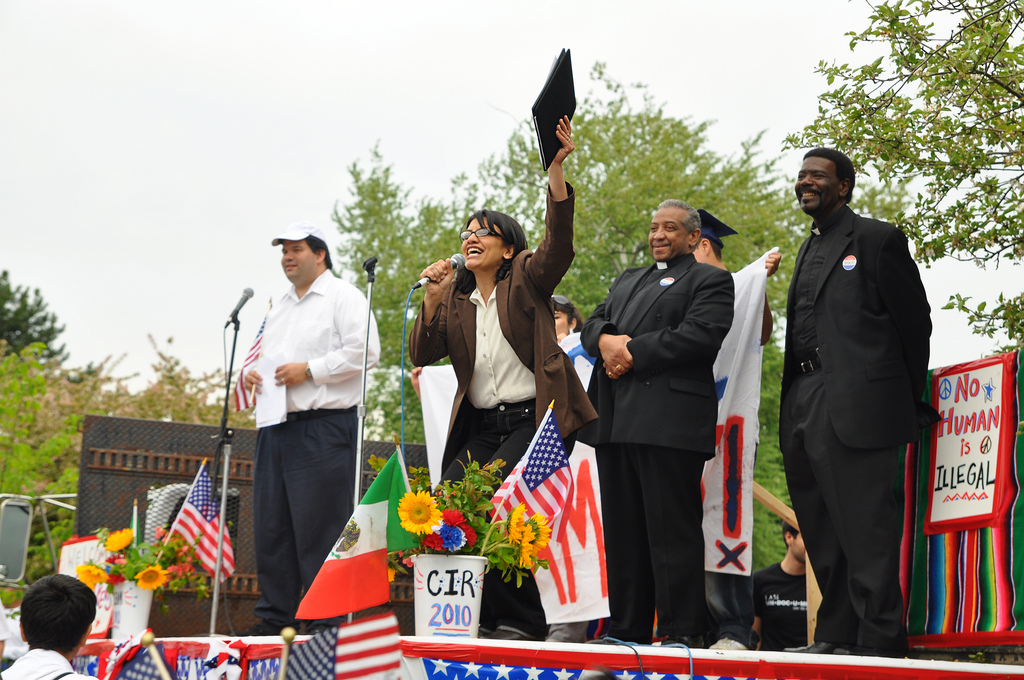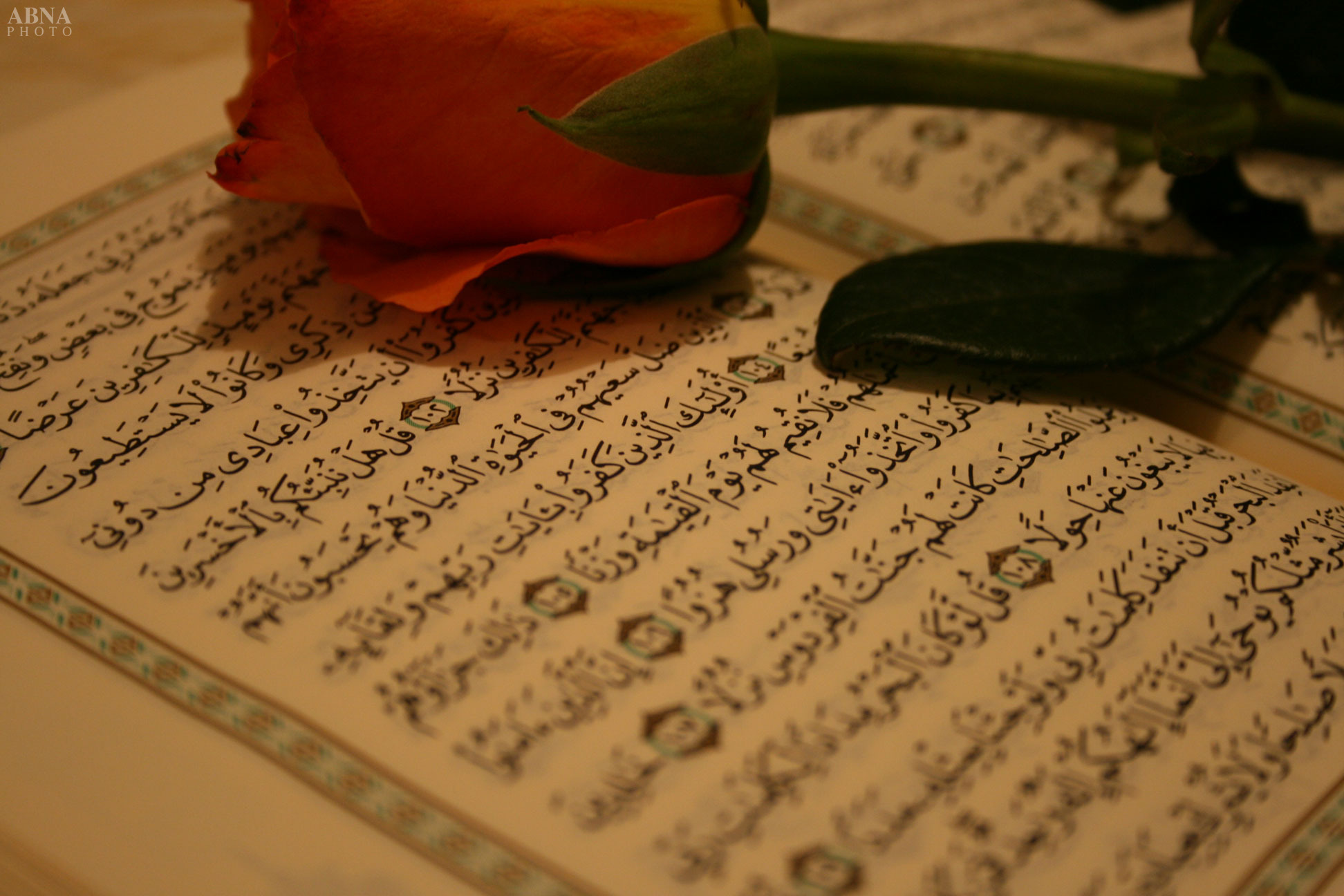If Americans–and by extension, people in Western societies–can see gender equality as a fundamental value, but never have that principle conflict with tolerance for other cultures and religions, why is it different when discussing Muslim societies?
Randy Cohen, a columnist for The New York Times, recently wrote a piece on the ethics of what took place in Pakistan, as well as the recent law proposed in Afghanistan. While I thought the premise of the essay was not terribly bad (“what do we deem to be tolerable and intolerable?”), the angle at which Cohen looked at the flogging and Muslim women in general had an air of white privilege that was troubling.
Cohen’s first paragraph made me question the rest of his article. The first sentence was wildly incorrect: “Online images recently showed a 17-year-old girl in Pakistan’s Swat Valley being flogged in public for going outdoors with a man not her father, a violation of Islamic practice.” Ignoring the fact that different media outlets have provided vastly different reasons for why the whipping took place, it isn’t correct that Islamic law requires a woman to be flogged for going outside with a man who isn’t her father. If someone is writing a piece on Muslim women, I don’t think it is too much to expect a little research on Shari’ah and whether leaving the house with a man who isn’t a woman’s father, relative or husband is punishable by lashing. This point seems minute compared to my bigger issue with the article, but I think it does relate to a bigger issue in Western media outlets when journalists and columnists write pieces on predominantly Muslim societies without doing much research on what they actually write.
Further in the paragraph, we’re asked:
“For us, gender equality is a fundamental value. But we also profess tolerance for other people’s culture and religion. Which principle should prevail? Should we respond to these developments with tolerance?”
I understand that Cohen is looking at cultural relativism in juxtaposition to ethics, but the question still has an air of privilege to it. The statement presupposes that Muslim cultures and Islam are antithetical to gender equality. This overlooks Muslims who fight for gender equality and Muslims, especially women, who do not see a contradiction between Islam and gender equality.
More importantly, it puts American readers in the position of judging Muslim cultures once more: “We [Westerners] have to balance our ‘tolerance’ for another religion and culture with gender equality.” Cohen’s statement assumes that Americans have the right to do this. It also assumes that all Americans want gender equality, and that “Muslims” and “Americans” are exclusive categories. Instead of having Muslims and non-Muslims come together over shared ideals of gender equality, Cohen’s statement and entire post assumes that Americans must take some type of action, instead of supporting Pakistanis and Afghans in their existing actions for gender equity.
In an update to his blog, Cohen wrote that he did not mean to generalize about Islam, and that we have to speak out against sexism in every society. However, even with this update, I still felt that gender inequality in Muslim societies is always treated worse than the “softer inequities of America’s mainstream faiths”. There’s still this idea of comparison to an American ideal, and the reader is still being forced to look at gender issues among Muslim societies from an American perspective.
I wonder if we would have to decide if tolerance for our own religious traditions and culture should have to prevail over gender equality as a fundamental value. I have never seen this dilemma presented in the media, except in cases involving Islam. That’s because serious gender inequality existing in the U.S. isn’t presented as religiously or culturally sanctioned. If Americans–and by extension, people in Western societies–can see gender equality as a fundamental value, but never have that principle conflict with tolerance for other cultures and religions, why is it different when discussing Muslim societies?
Discussing tolerance is well and good. However, a discussion of tolerance shouldn’t allow us to be comfortable with thinly veiled privilege.
(An unedited version of this post originally appeared at Muslimah Media Watch)


















I rather enjoy deconstruction, and I appreciate the job Faith has done here.
A couple of observations: the Muslim world has been constructed as an “other” by which Western observers know themselves…as Edward Said pointed out. Cohen’s piece is not really about Muslims at all, but about the way he defines himself as not-other. That’s why getting the facts right doesn’t really matter to Cohen.
The word “tolerance” has always been problematic for me when used as a descriptor of attitude toward others. For me it is a word that implies,when used with regard to others, ‘to put up with’ something you don’t really approve of or feel comfortable with.
I am not really interested in Cohen’s ‘toleratance’ of Muslims or practices in Muslim cultures. His language in the short excerpt you provide causes me to question whether he is authentically engaging with the issue he professes to be talking about. I read the excerpt as simply setting up a straw man he can knock down to support his sense of cultural superiority.